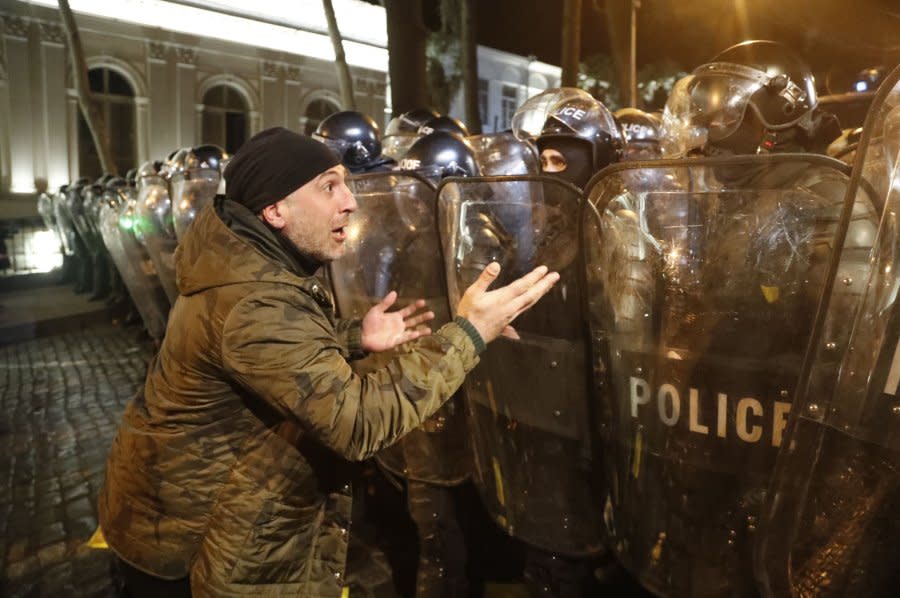European Council stalls Georgia's accession into EU

July 9 (UPI) -- The European Council officially warned Georgia that its accession into the European Union was on hold Tuesday after the country's Parliament passed a bill that would force many nonprofits and news media organizations to register as foreign agents.
"The European Council called on Georgia's authorities to clarify their intentions by reversing the current course of action which jeopardizes Georgia's EU path, de facto leading to a halt of the accession process," the council wrote.
The European Council added that it still supported Georgia's move to join the EU if it can resolve the issue over the law, have free and fair elections and adhere to the principles of the alliance.
"The European Council reaffirms its unwavering support for the territorial integrity of Georgia," the council said. "It reiterates its steadfast solidarity with the Georgian people and its readiness to continue supporting Georgians on their path toward a European future."
Georgia's EU envoy, Pawel Herczynski, expressed disappointment about the decision to freeze $32 million in support for Georgia from the European Peace Facility for 2024 on social media.
"Other measures are being considered if the situation further deteriorates," Herczynski said on X. "It is sad to see EU-Georgia relations at such a low point when they could have been at an all-time high."
Dubbed by opponents as the "Russian law" because of its similarities to legislation used by Russian President Vladimir Putin to muzzle and shut down nongovernment organizations and the media, the law was vigorously protested with demonstrations and rallies.
The ruling Georgia Dream Party, however, passed the law despite a threat from the European Union that it would cause the block to rethink its entry into the alliance.


